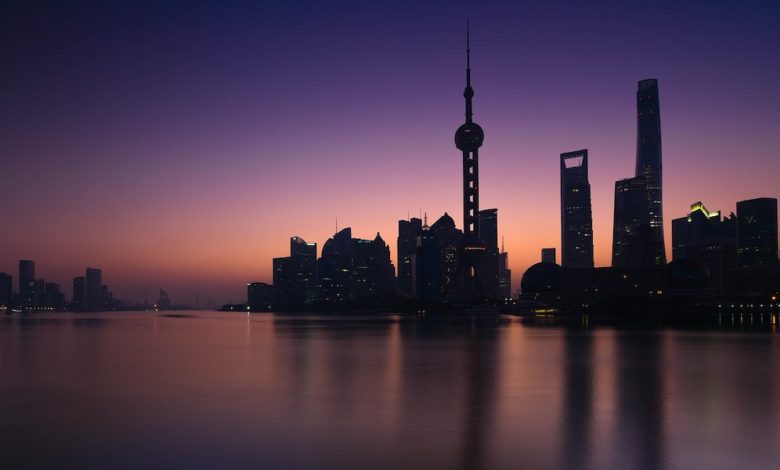Evergrande to be liquidated

Troubled property developer China Evergrande Group has been ordered to liquidate by a Hong Kong court on Monday due to its inability to convince the court of a viable plan to restructure its debt.
Evergrande, now considered the most indebted property developer in the world with around $300bn of debt, was told by Judge Linda Chan that “enough is enough” and that it “was appropriate for the court make a winding up order against the company.”
The company’s $23bn debt revamp plan fell through last September when an investigation for illegalities was launched against Evergrande founder Hui Ka Yan. Also, the debt refinancing plan received seven extensions since court proceedings were launched in June 2022 by creditor Top Shine trying to recoup its losses. Trading of the group’s stocks was halted but not before dropping 20% before the court hearing started on Monday.
Evergrande’s liquidation is certainly another blow to the country’s massive property sector which makes up to 30% of the world’s second-largest economy. And the company is not alone in this as more than 50 Chinese real-estate developers either defaulted or missed payments during the past three years. This comes with China’s official gross domestic product growth of 5.2% in 2023 being the worst performance in decades.
This, however, is not the end of bad news for China as the country’s economic growth is set to slow down further, according to a recent report by the world’s largest international shipping association BIMCO. The association estimated that Chinese GDP growth would fall to 4.5% in 2024 and 4.3% in 2025 with weak consumer sentiment and a continued downturn in the property sector contributing to lower economic activity.
On top of that, investments in the real estate sector experienced – for the first time since 1997 – negative growth of 10% in 2022, because of the ongoing real estate crisis and consequently property investment fell a further 9.4% in the first 10 months of 2023. The drop in real estate investments and growth also directly impacts shipping as this sector in China is one of the biggest drivers of the seaborne iron ore trade.
Despite significant government intervention and subsidies in the property sector, construction activity has yet to increase. Furthermore, Chinese public debt continues to mount, which could restrict stimulus policies in the medium term. Near the end of last year, the country announced plans to provide at least $137bn of low-cost financing to help the struggling property market.
BIMCO also believes that iron ore shipments will grow by 1-2% in both 2024 and 2025, in line with previous forecasts. They will benefit from a 1.9% increase in global steel demand in 2024, as estimated by the World Steel Association. In China, steel demand could stagnate in 2024 and recover in 2025 if significant improvements are seen in the property sector. In the short term, steel producers will continue to benefit from high steel exports and strong demand from car manufacturing.
In a comment given to Splash, Burak Cetinok, head of the research department at the Arrow Shipbroking Group, said that he doesn’t think the Evergrande liquidation would have a significant impact on the dry bulk market since the company had been struggling for a long time.
“The way I see it playing out is that the liquidators will favour Evergrande’s customers who bought homes from the developer and make sure that those ongoing projects are completed. That is also what Evergrande’s CEO said in a statement after the announcement today. Those projects that are yet to break ground may be distributed to other property developers in exchange for a share of Evergrande’s vast land portfolio,” he stated.
Cetinok added that this exact scenario was predicted back in 2021 when Evergrande was first reported having serious issues and that the foreign bondholders of the company would be the ones that lose out the most after the liquidation.
